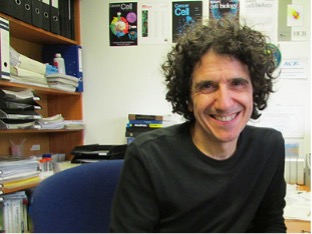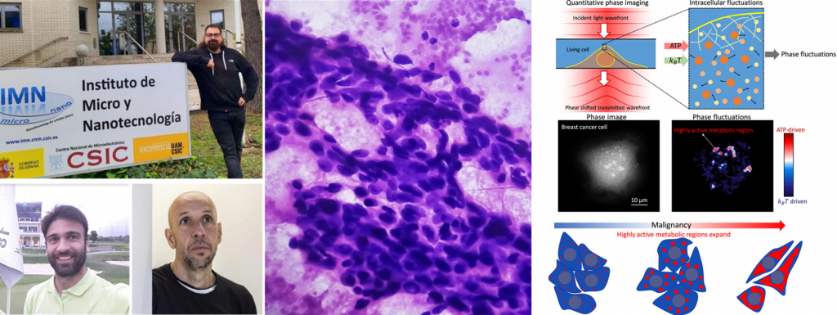Germline mutations leading to aneuploidy are rare, and their tumor-promoting properties are mostly unknown at the molecular level. We report here novel germline biallelic mutations in MAD1L1, encoding the spindle assembly checkpoint (SAC) protein MAD1, in a 36-year-old female with a dozen of neoplasias. Functional studies demon- strated lack of full-length protein and deficient SAC response, resulting in ~30 to 40% of aneuploid blood cells. Single-cell RNA analysis identified mitochondrial stress accompanied by systemic inflammation with enhanced interferon and NF-kappa-B signaling both in aneuploid and euploid cells, suggesting a non–cell autonomous response. MAD1L1 mutations resulted in specific clonal expansions of delta-T cells with chromosome 18 gains and enhanced cytotoxic profile as well as intermediate B cells with chromosome 12 gains and transcriptomic signatures characteristic of leukemia cells. These data point to MAD1L1 mutations as the cause of a new variant of mosaic variegated aneuploidy with systemic inflammation and unprecedented tumor susceptibility.
This work has been published in Science Advances.





